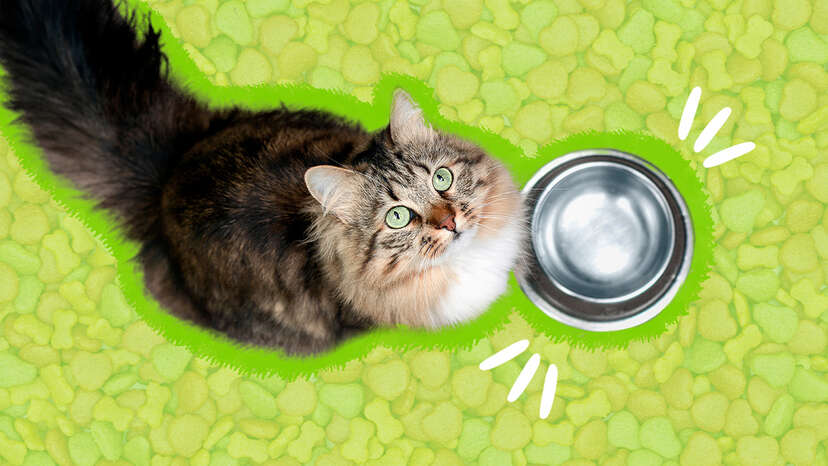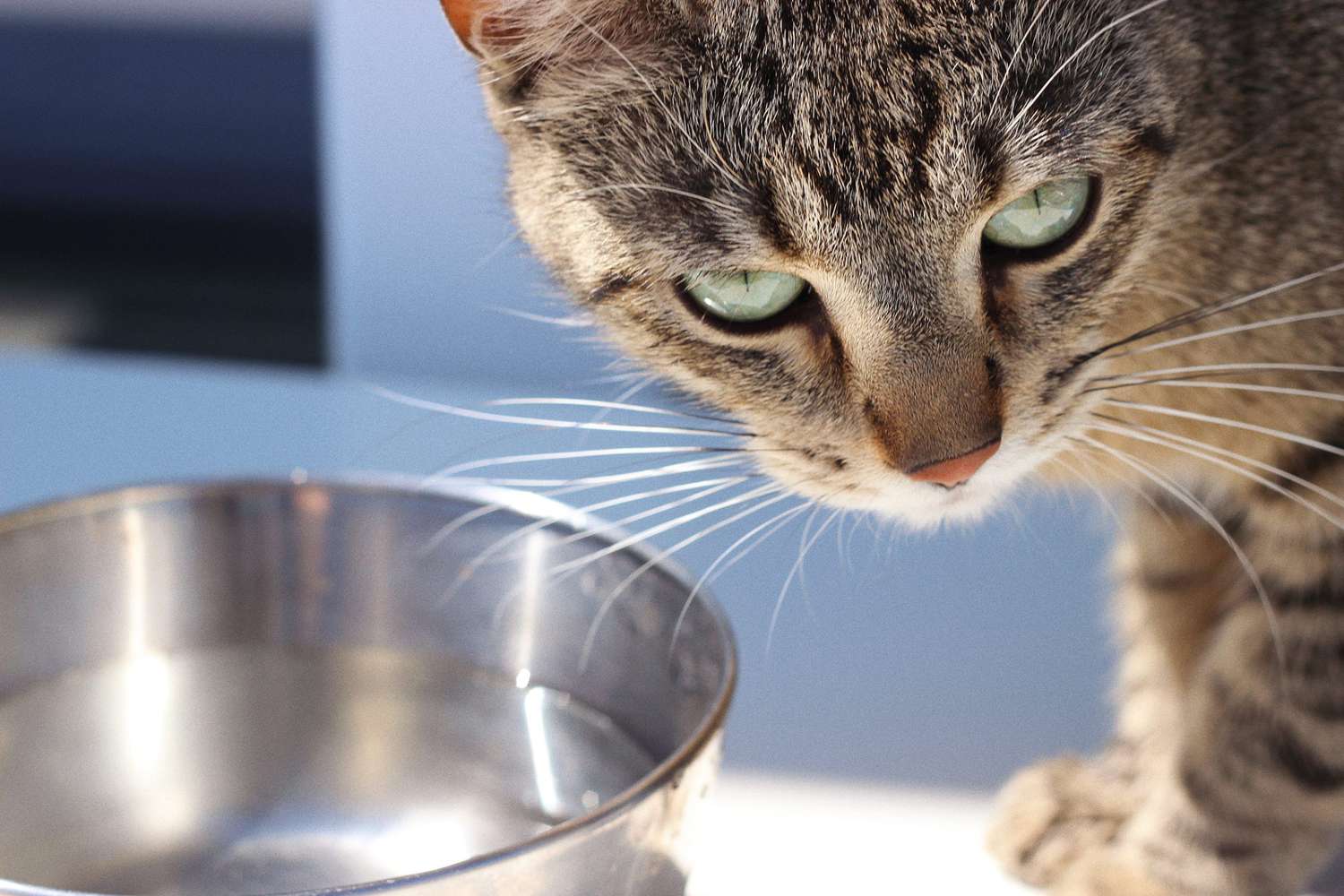A cat can go without water for about three to four days. Dehydration can lead to serious health issues.
Cats need adequate hydration for optimal health. Water is essential for their digestion, circulation, and waste elimination. Cats often get water from their food, especially if they consume wet cat food. Dry kibble diets require them to drink more water.
Cats may not always show obvious signs of dehydration, making it crucial to ensure they drink enough. Lack of water can lead to kidney problems and urinary tract issues. Always provide fresh, clean water for your cat. Monitor their water intake closely to prevent dehydration. Proper hydration helps maintain a cat’s overall well-being and longevity.

Credit: www.youtube.com
Importance Of Hydration
Cats need water to stay healthy. Water helps in digestion and keeps the body cool. It carries nutrients and removes waste. Cats are prone to kidney issues, so water is vital. Proper hydration keeps their organs working well. Cats get some water from wet food, but they still need fresh water daily.
Dehydrated cats have dry gums. Their skin may not spring back when pinched. They might be lethargic and have sunken eyes. A loss of appetite is another sign. Check their litter box; less urine can be a clue. Always make sure your cat drinks enough water.
Typical Water Intake
Cats need water to stay healthy. They should drink around 3.5 to 4.5 ounces of water per 5 pounds of body weight each day. For a 10-pound cat, that means 7 to 9 ounces of water daily. Cats often get water from their food. Wet food has more water than dry food. Always ensure your cat has fresh water available.
Daily Water Requirements
| Cat Weight | Daily Water Intake |
|---|---|
| 5 pounds | 3.5 to 4.5 ounces |
| 10 pounds | 7 to 9 ounces |
| 15 pounds | 10.5 to 13.5 ounces |
Factors Affecting Water Consumption
Cats drink more in hot weather. They also drink more if they are active. Wet food reduces their need for water. Dry food increases it. Sick cats may need more water. Always watch for signs of dehydration. These include dry gums and sunken eyes.
Survival Without Water
Cats can survive without water for about three to four days. After this, they may suffer from severe dehydration. This can lead to serious health problems. Water is crucial for their kidney function and overall health.
Several factors influence a cat’s survival without water. Age is a significant factor. Young and old cats dehydrate faster. Health condition is also critical. Sick cats need more water. Environmental temperature plays a big role. Hot weather increases water needs. Activity level matters too. Active cats lose more water.

Credit: www.thedodo.com
Health Risks Of Dehydration
Cats can become lethargic quickly without water. They may start to vomit and have dry gums. Appetite loss is common in dehydrated cats. Panting and sunken eyes are also signs. Dehydration can lead to kidney issues fast. Cats need fresh water every day. Even one day without water is risky.
Long-term dehydration is very dangerous. Cats might develop chronic kidney disease. Bladder stones can form due to lack of water. Organ failure becomes a major risk. Weight loss and muscle weakness occur over time. Cats could suffer from severe constipation. Long-term effects may become irreversible. Ensure your cat drinks water daily.
Encouraging Water Consumption
Cats often dislike drinking water. Try using a water fountain. Moving water can attract cats. Offer different types of water bowls. Some cats prefer ceramic, glass, or metal bowls. Place water bowls in various locations. This can make it easier for the cat to drink. Mix a little water into their food. This can increase their water intake.
Wet food has more water content. It helps keep cats hydrated. Ice cubes in their water bowl can make it fun. Some cats enjoy licking ice. Offer broth without onions or garlic. This can entice cats to drink more. Frequent refills of fresh water are crucial. Cats prefer clean water.
Alternative Hydration Sources
Cats generally need water daily, but they can survive up to three days without it. Ensuring your feline friend stays hydrated is crucial for their health.
Wet Food Options
Wet food contains a lot of water. Cats get much-needed moisture from wet food. It’s a good way to keep cats hydrated. Many cats prefer wet food over dry food. It tastes better and smells stronger. Wet food can be a tasty treat for your cat. Always have fresh wet food available.
Broths And Supplements
Broths are a tasty way to hydrate cats. They love the taste and smell. Make sure the broth is cat-safe. Avoid broths with onions or garlic. Supplements can also help. They provide extra hydration. Always consult your vet before giving supplements. Your vet will know what is best for your cat.
Monitoring Hydration
Cats may show signs of dehydration. They might become lethargic or less active. You might notice dry gums or sunken eyes. Watch if your cat eats less or avoids the litter box. These are important warning signs.
Vets perform several tests to check hydration. They might do a skin tent test. This involves pinching the skin and seeing how fast it returns. A slow return can mean dehydration. Blood tests can also show hydration levels. They measure electrolytes and other markers. A urine test can help too. It checks the concentration of the urine. High concentration often means dehydration.

Credit: www.youtube.com
When To See A Vet
Cats can suffer from dehydration within 24-48 hours without water. Contact a vet if your cat hasn’t drunk water in a day. Immediate veterinary attention is crucial to prevent severe health issues.
Critical Symptoms
Watch for signs of dehydration in your cat. Lethargy and sunken eyes are serious signs. Dry mouth and panting can also indicate trouble. If your cat stops eating, this is a red flag. Vomiting and diarrhea can lead to rapid water loss. Seek help if your cat shows any of these symptoms.
Preventive Measures
Always provide fresh water for your cat. Clean the water bowl daily. Some cats prefer running water; consider a pet fountain. Wet food can help keep your cat hydrated. Monitor your cat’s water intake. Encourage drinking by placing bowls in different locations. Regular check-ups can catch early signs of dehydration. Keep your cat cool, especially in hot weather.
Frequently Asked Questions
Can I Leave My Cat Overnight Without Water?
No, you should not leave your cat without water overnight. Cats need constant access to fresh water. Dehydration can cause serious health issues. Always ensure your cat has water available.
How Often Do Cats Need Water?
Cats need fresh water daily. Ensure they always have access to clean water to stay hydrated and healthy.
What Happens If My Cat Doesn’t Drink Water For 3 Days?
Your cat can suffer from dehydration, leading to kidney issues, lethargy, and potentially life-threatening conditions. Seek vet care immediately.
How Long Does It Take A Cat To Get Dehydrated?
A cat can get dehydrated in as little as 24 hours without water. Ensure they always have access to fresh water.
Conclusion
Understanding your cat’s hydration needs is vital for their health. Ensure they always have access to fresh water. Dehydration can lead to serious health issues. Monitor their water intake closely. Always consult a vet if you notice any changes in your cat’s drinking habits.
Keep your feline friend happy and hydrated.

Hello, this is Frank Swanson, the owner, and operator of Pet Info Hut. I created this website as a way to share my love of pets with the world. I have over 7 years of experience working with animals, and I have a passion for helping people care for their pets. I hope that you find my website useful and informative. Thanks for visiting!
